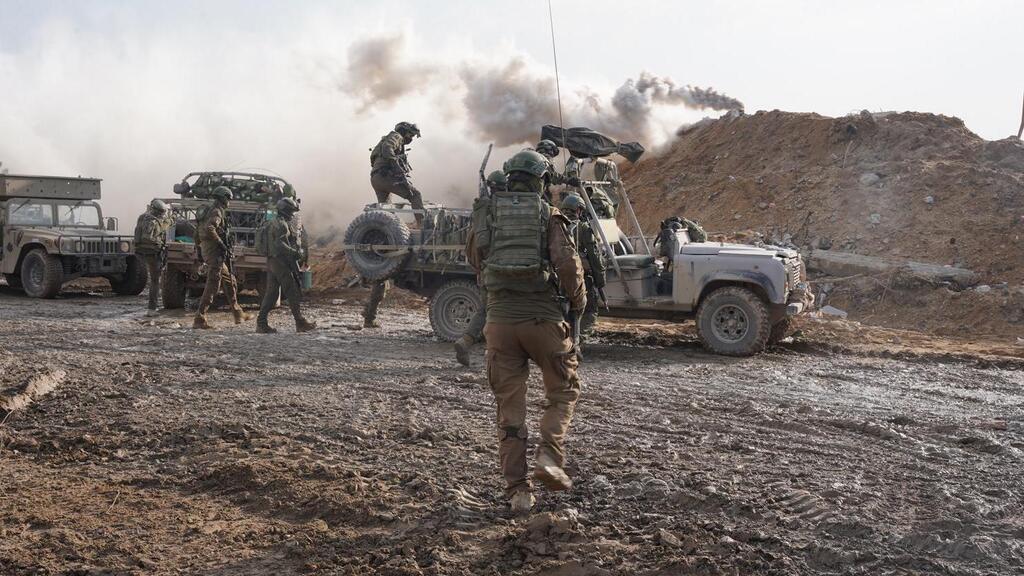The Israel Society for Infectious Diseases reported on Sunday that many wounded soldiers returning from the Gaza Strip are positively diagnosed with antimicrobial-resistant infections.
Read more:
"In every hospital, we are informed that soldiers returning from the battlefield have persistent infections," says Prof. Galia Rahav, the association's head.
"Mainly in limb injuries, we observe fungal and antibiotic-resistant bacterial infections. We know that Gaza harbors highly resistant bacteria, information accumulated from previous research with doctors there, and we are familiar with these bacteria from children transferred to Israeli care from Gaza hospitals."
A significant portion of the infections found in wounded soldiers are also occasionally detected in Israel. However, they are found in individuals who were exposed to these bacteria during hospitalization and not beforehand. "Here, we see it in soldiers returning directly from the battlefield," Rahav says. "Contact with the soil and mud there leads to exposure to such resistant bacteria, as well as to fungi."
According to her, "Even in the Gulf War, American soldiers returned with severe infections. Now, we are seeing resistant infections in IDF soldiers like Klebsiella pneumonia, multidrug-resistant Acinetobacter, fungal infections like Aspergillus, and more. We haven't seen these cases in previous wars."
The appearance of these infections also affects the treatment of soldiers, sometimes requiring surgical intervention such as debridement to remove infected tissues.





